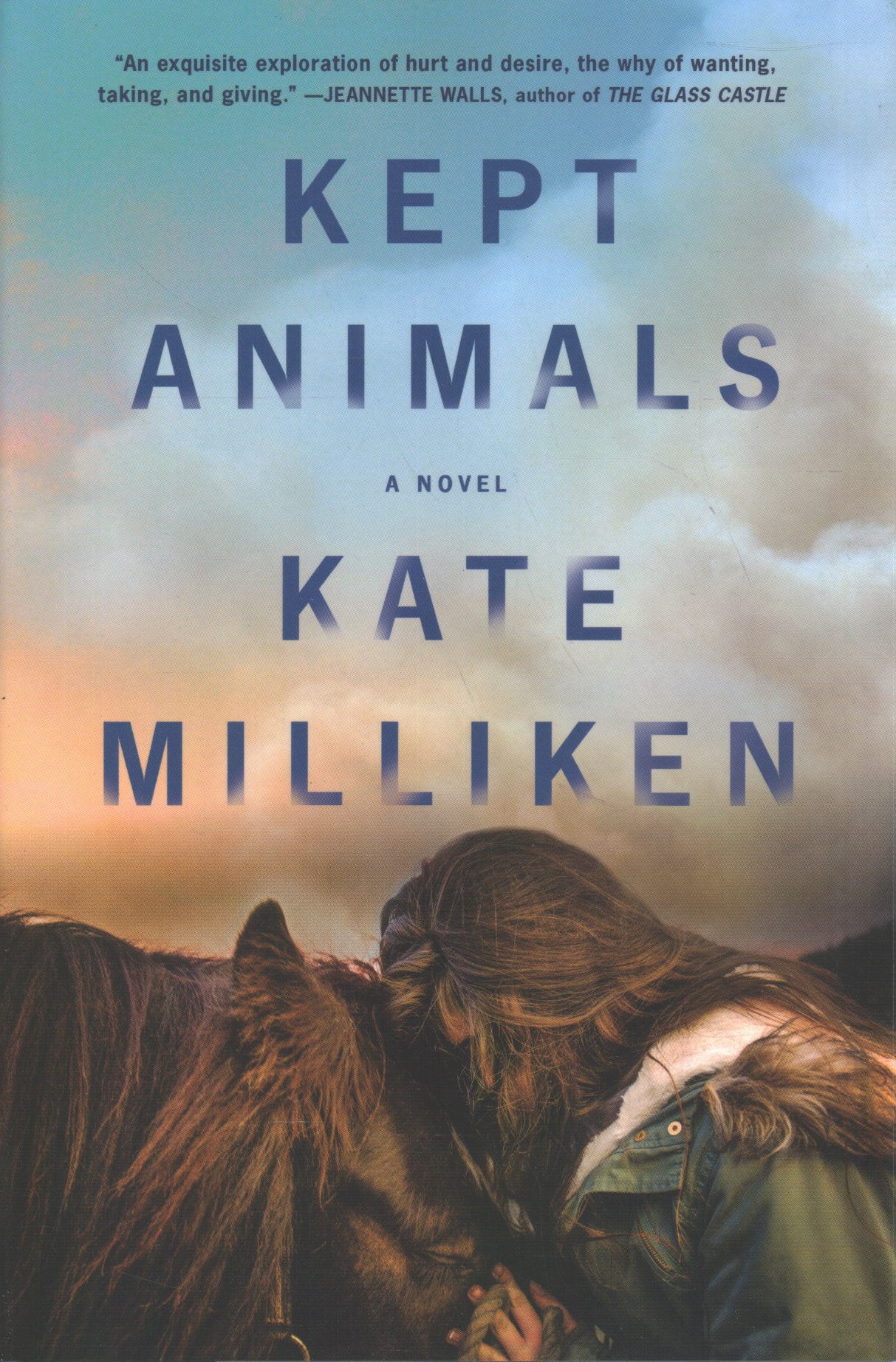

She and Eva Warrick, an MFA candidate, discussed the writing process, the life experiences informing her writing, writing for women (and not for men), and much more.Įva Warrick (EW): What is your daily writing practice like? Milliken visited the University of Michigan in October 2021 as a Helen Zell Visiting Writer. Informed by her early awareness of economic inequities, addiction, and her experience of growing up queer in an era of overt homophobia, Kate’s work aims to explore character dualities and the power of our appetites: from true hunger to our most unwieldy desires. That essay won her acceptance to an experimental five-year undergraduate program, enabling her to leave high school and a troubled home life early, and cemented her belief in the power of storytelling.Ī graduate of the Bennington College Writing Seminars, Kate’s writing has been published in numerous literary magazines, anthologized, and supported by fellowships from Yaddo, Tin House, and the Vermont Studio Center. As a junior in high school, Kate wrote an essay about her recovery from an eating disorder, her family’s struggle with substance abuse, and the inherent void created by fame. After her parent’s divorce, Kate bounced between the glamour of 1980s Hollywood and a subsistent, working class home in Chicago. Kate was born into a theatre family, her mother a playwright, her father an aspiring actor and director.



Heralded as “an event-packed novel of class, desire, coming-of-age and familial disintegration,” and named one of the best LGBTQ books of 2020 by O, the Oprah Magazine, Kept Animals was longlisted for the Center for Fiction’s First Novel Prize. Her debut novel, Kept Animals centers on a real-life wildfire in Topanga Canyon, California, in 1993, which Kate experienced firsthand. Kate Milliken’s collection of stories, If I’d Known You Were Coming, won the Iowa Award for Short Fiction in 2013.


 0 kommentar(er)
0 kommentar(er)
